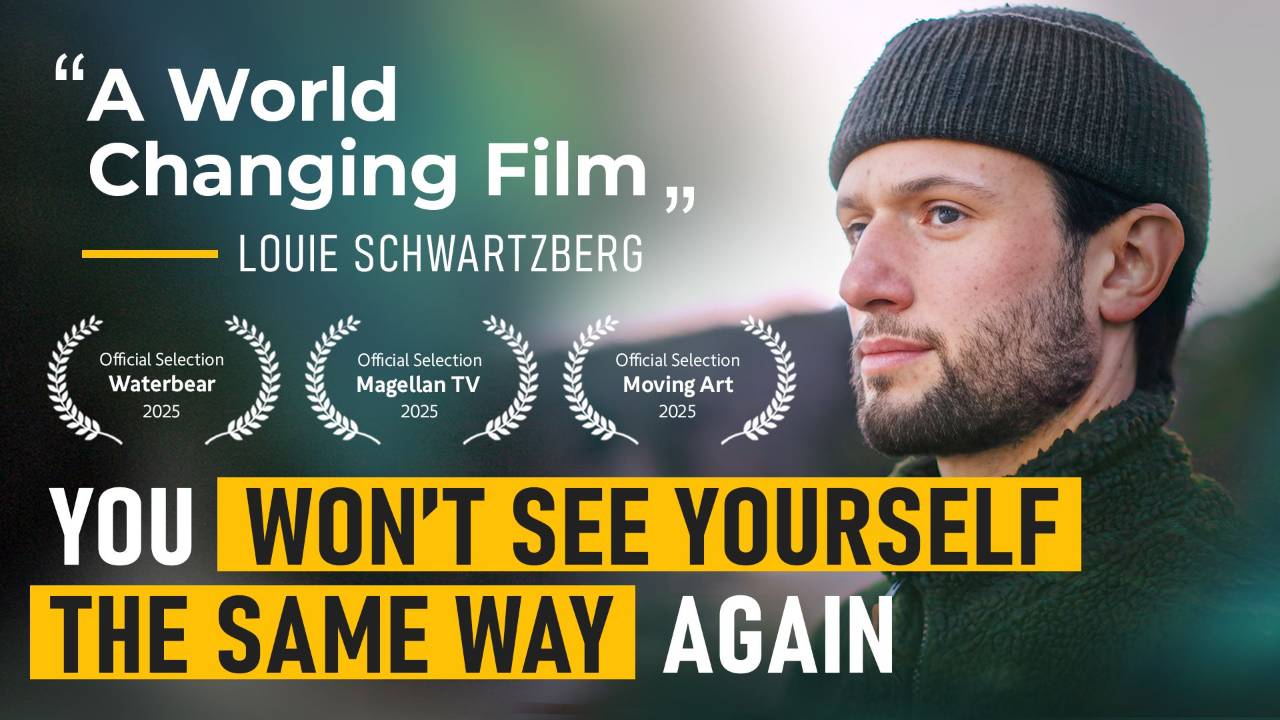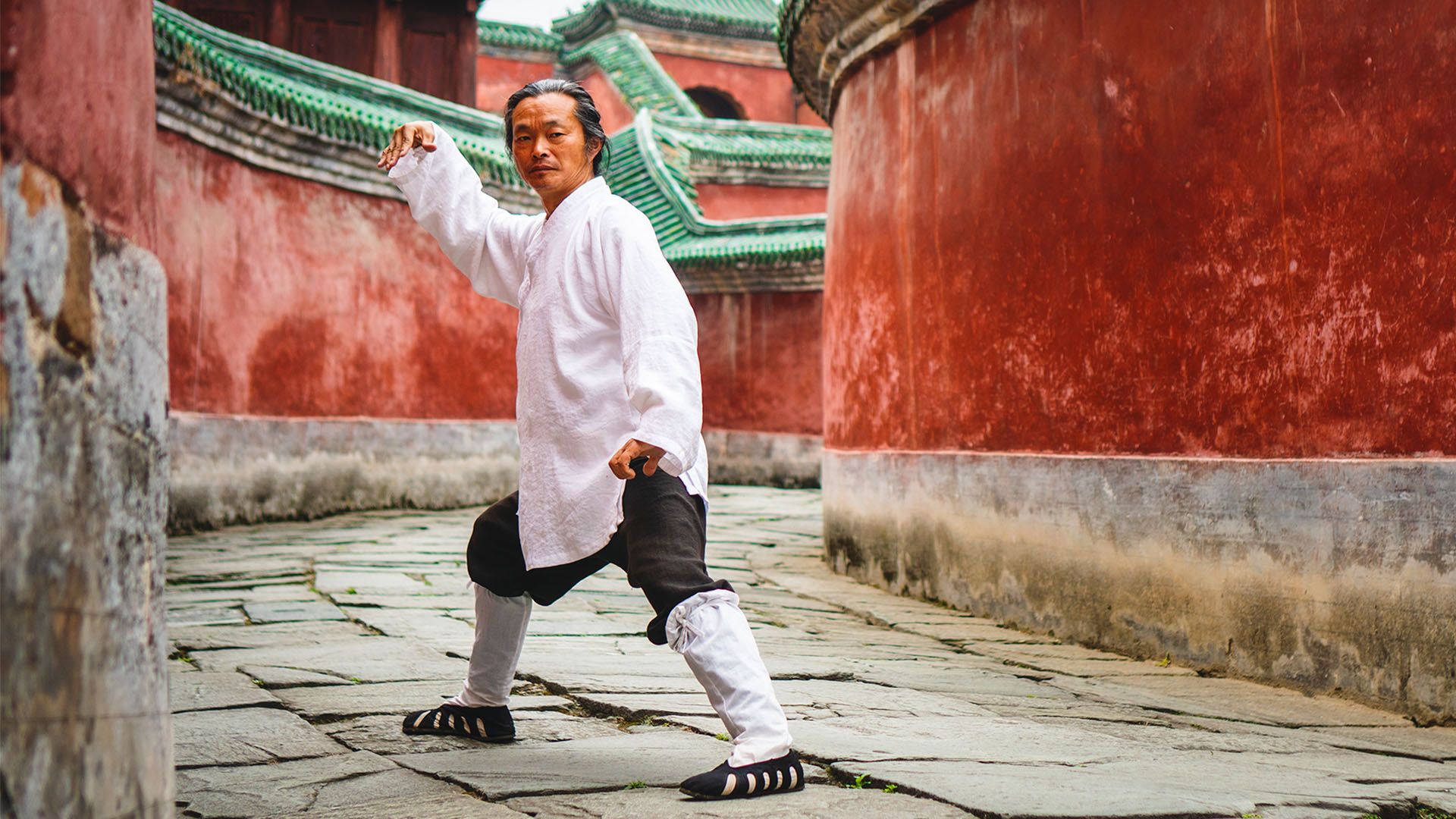The 20 Best Tao Te Ching Quotes
Apr 21, 2024
Feeling lost or overwhelmed can strike anyone. Timeless wisdom could provide the clarity and balance we seek. The Tao Te Ching, offers insights that still resonate today. These teachings stress mastering oneself as the ultimate power, advocating for simplicity and compassion in daily life. This article presents the 20 most impactful quotes from the Tao Te Ching, each a reflection on life, leadership, and personal serenity. Explore these enduring sayings to see how they can help you align more closely with the natural flow of life.
Table of Contents
Background of the Tao Te Ching
The Tao Te Ching, penned by Lao Tzu, offers profound guidance on simplicity and balance. Its verses serve as a cornerstone for Taoism, highlighting a path of minimalism and alignment with the natural world. The text encourages returning to the source and stresses that simple actions often lead to a greater understanding of the world.
20 Best Tao Te Ching Quotes
10 Quotes on Simplicity and the Natural World:
- "Nature does not hurry, yet everything is accomplished." This teaches us the power of patience and the natural flow of life.
- "Be content with what you have; rejoice in the way things are." Reminding us that happiness lies in simplicity and acceptance.
- "The soft overcomes the hard; the gentle overcomes the rigid." Lao Tzu highlights the strength found in gentleness and flexibility.
- "The Tao is like a well: used but never used up." It portrays the inexhaustible nature of the Tao and its natural resources.
- "True words aren't eloquent; eloquent words aren't true." Wisdom often lies in simple, straightforward speech.
- "Who acts in stillness finds stillness in his life." Emphasizing the importance of quietude and inner peace.
- "To the mind that is still, the whole universe surrenders." A calm mind can achieve harmony with the environment.
- "A journey of a thousand miles begins with a single step." This quote encourages starting small to achieve great things.
- "Heaven and Earth are impartial; they see all things as straw dogs." This suggests the equality and fairness of nature.
- "Yield and overcome; bend and be straight." Encourages resilience and adaptability by aligning with nature’s ways.
10 Wisdoms on Leadership and Governance:
- "Govern a great nation as you would cook a small fish." Advocates for careful and attentive leadership practices.
- "The Master leads by emptying people’s minds and filling their cores." This stresses the importance of fostering autonomy and inner strength.
- "The best leader is one whose existence is barely known by the people." True leaders empower without seeking recognition.
- "When the Master governs, the people are hardly aware that he exists." Effective governance is felt, not forced upon its people.
- "Mastering others is strength; mastering yourself is true power." Leadership begins with self-control and personal mastery.
- "The more laws and restrictions there are, the poorer people become." Lao Tzu warns against overregulation and its effects.
- "If you want to govern the people, you must place yourself below them." Emphasizes humility and service in leadership.
- "The Master acts without doing anything and teaches without saying a word." Highlights the power of leading by example and influence.
- "Things arise and she lets them come; things disappear and she lets them go." Encourages leaders to allow natural progression without interference.
- "To lead people, walk behind them." Reflects the Taoist principle that true leaders support and uplift others, not dominate them.
Impact of Lao Tzu's Teachings
Lao Tzu's philosophies profoundly shape the principles of Taoism, promoting a life of simplicity and depth. His teachings suggest mastering yourself is true power, an idea resonating deeply in personal development circles today.
These principles encourage individuals to lead lives that are simple in actions and patient with both friends and adversaries. By advising followers to be compassionate toward all beings in the world, Lao Tzu's wisdom fosters a culture of peace and reconciliation.
The advice to return to the source helps many find a grounded state in a chaotic world. His belief that mastering others shows strength, while self-mastery shows true power, transforms how we view success and influence.
His impact is evident in how modern seekers of wisdom prioritize internal success over external conquests.
Deep Dive into Notable Quotations
- "Knowing others is intelligence; knowing yourself is true wisdom. Mastering others is strength; mastering yourself is true power." This quotation captures the essence of Lao Tzu’s teachings on wisdom and power. It contrasts external achievement with the deeper, more enduring pursuit of self-understanding and discipline.
- "The wise man is one who knows what he does not know." This simple statement promotes continuous learning and humility.
- "Nature does not hurry, yet everything is accomplished." Lao Tzu here teaches the importance of patience and moving with nature's rhythms.
- "A good traveler has no fixed plans and is not intent on arriving." This reflects the Taoist view of living in the moment and staying adaptable.
- "When you are content to be simply yourself and don't compare or compete, everyone will respect you." Lao Tzu uses this to underline the strength found in authenticity and self-acceptance.
Applying Taoist Wisdom Today
Today, Taoist principles can significantly enhance personal development and societal harmony. They teach us to:
- Be patient and maintain simplicity in our actions.
- Show compassion, allowing us to act wisely in varied situations.
- Recognize that true strength lies in self-mastery.
- See that aligning with natural processes can ease life’s challenges.
Conlcusion
Reflecting on the profound insights from the Tao Te Ching reveals that these teachings offer more than philosophical depth. They serve as practical advice for fostering a peaceful, fulfilled existence. By adopting the wisdom of patience towards both friends and foes, and striving to reconcile with all beings, we nurture a life of harmony and insight. How might integrating these principles change your interactions with the world around you?







